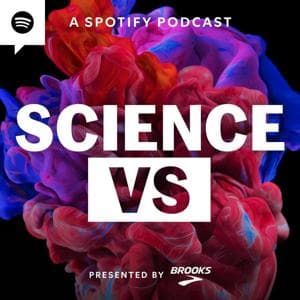The “new year, fresh start” energy feels exciting, but can also be overwhelming! This episode cuts through the noise with a refreshingly simple approach to goal setting. Instead of complicated systems, you’ll focus on just two questions: what you want to do more of this year and what you want to do less of, both personally and in your science classroom. We’ll talk about prioritizing yourself, identifying energy and time drains, getting specific with your goals, and making small, flexible shifts that actually stick. By the end, you’ll have a clear, manageable direction for the semester...and maybe even the motivation to reset alongside your science team!
➡️ Show Notes: https://itsnotrocketscienceclassroom.com/episode216
Resources Mentioned:
- Shop INRS full year curriculum bundles.
- Complete units
- Winter science freebies
- Core Values Mini-Course
- SSS Virtual PD Course Bundle
- Download your FREE Classroom Reset Challenge.
- Take the Free Labs When Limited virtual PD course
- Send me a DM on Instagram: @its.not.rocket.science
- Send me an email: [email protected]
- Follow, rate, and review on Apple Podcasts.
- Follow, rate, and comment on Spotify.
Related Episodes and Blog Posts:
- Episode 55, Goal Setting for the New Year - A Different Approach
- Episode 56, Scheduling Rest - Why You Need to And How to Do It
- Episode 111, Priorities and Boundaries in the New Year
- Episode 165, How Naming What Matters Most Can Change the Rest of Your School Year




































